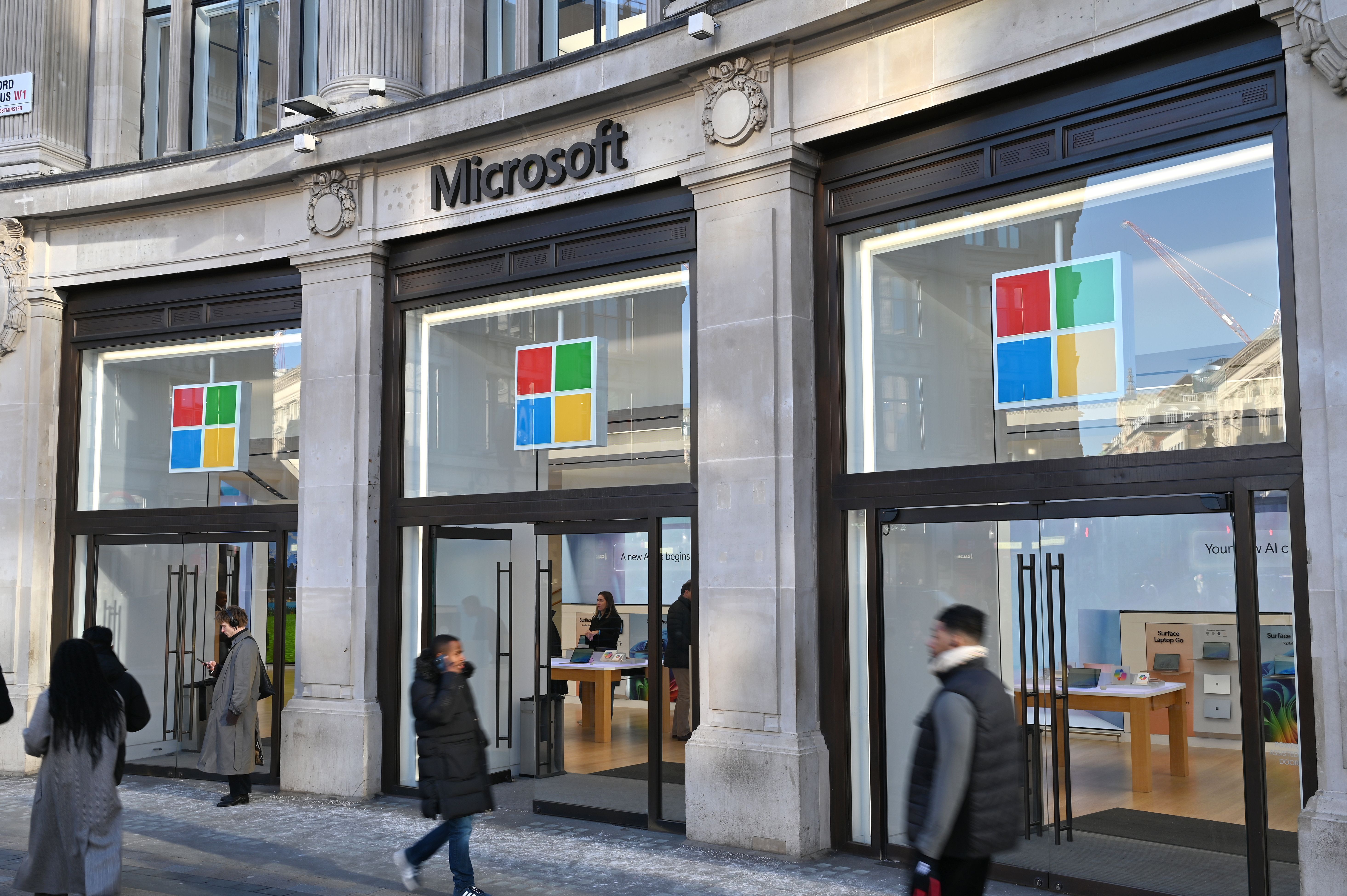Microsoft just threw down the tech sector's biggest UK gauntlet in years - a staggering £22 billion ($30 billion) AI infrastructure investment that makes Google's £5 billion announcement earlier today look like pocket change. The move signals an all-out battle for European AI supremacy, with Microsoft VP Brad Smith openly taking shots at competitors' "empty tech promises" while promising Britain its largest supercomputer.
Microsoft just rewrote the playbook for tech investment announcements. The company's surprise £22 billion ($30 billion) UK commitment - revealed just hours after Google announced its own £5 billion investment - represents more than two-thirds of all tech sector announcements this week, according to Microsoft VP Brad Smith. This isn't just corporate one-upmanship; it's a strategic land grab for European AI infrastructure. "We're focused on British pounds, not empty tech promises," Smith told reporters in what can only be described as a direct shot at Google's earlier announcement. "It's easy to have big numbers, but we'll be good for every cent of this investment," he added during The Verge's press briefing. The timing couldn't be more deliberate. While President Trump makes his second UK state visit, Microsoft is positioning itself as America's AI ambassador to Europe, promising to build Britain's largest supercomputer with over 23,000 advanced GPUs in partnership with UK firm Nscale. Smith was quick to clarify the investment wasn't requested by the Trump administration, but the political optics are undeniable. The announcement marks a stunning reversal from Microsoft's UK relationship just two years ago. During the Activision Blizzard acquisition battle, Smith openly criticized Britain's Competition and Markets Authority, saying his confidence in the UK had been "severely shaken." He even suggested "the European Union is a more attractive place to start a business" than the UK - words that didn't age well considering today's massive commitment. Fast-forward to today, and Smith is singing a different tune entirely. "Our ability to make an investment of this size is based in no small measure on the work the government is doing to reform planning, grow electricity capacity, and foster a more stable and open regulatory environment," he said, praising both former PM Rishi Sunak and current PM Keir Starmer. The £15 billion capital expenditure portion will fund the supercomputer project through 2028, while the remaining £15 billion supports ongoing UK operations across 6,000 employees. The company maintains research facilities in Cambridge, headquarters in Reading, and AI offices in London, despite earlier this year. Meanwhile, is opening a data center in Waltham Cross, Hertfordshire, which Chancellor Rachel Reeves called a "powerful vote of confidence in the UK economy." But managed to get PM Starmer himself to comment on their investment, calling it "a powerful vote of confidence in UK's leadership in AI and cutting-edge technology." The competitive dynamics are clear: both tech giants see the UK as their European AI beachhead, but just raised the stakes dramatically. With Britain reforming planning laws and expanding electricity capacity, the country is positioning itself as the continent's AI infrastructure hub. Smith's emphasis on partnership - "We're not just investing in the UK, we're investing with partners in the UK" - suggests this is about more than data centers. It's about creating an AI ecosystem that could rival anything in Silicon Valley or Shenzhen.







